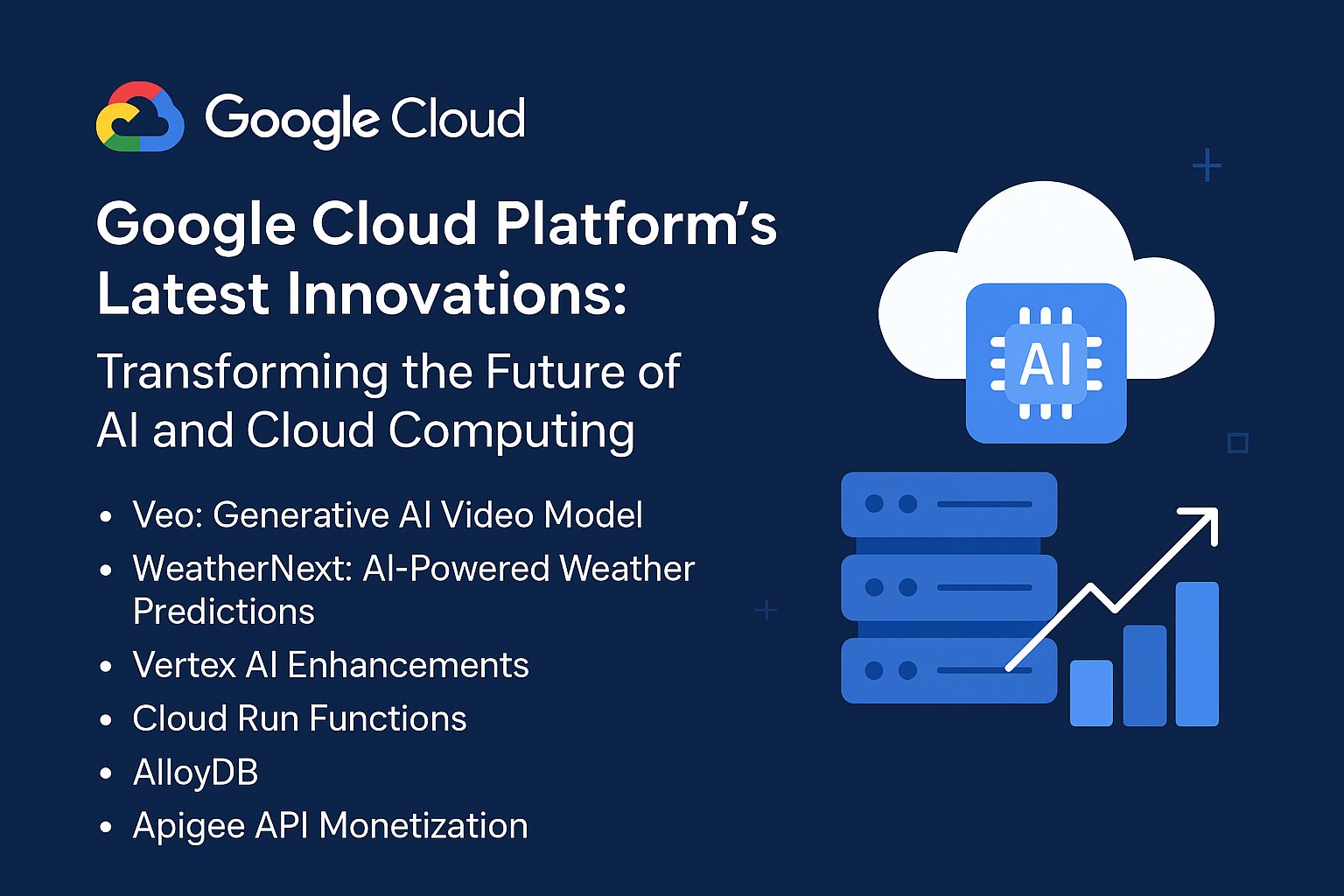The world is witnessing a transformative shift in how we think about transportation and energy. Electric Vehicles (EVs) are becoming more prevalent, promising a greener future and reducing our reliance on fossil fuels. As the adoption of EVs grows, so does the need for innovative solutions in managing their charging infrastructure and payment systems. This article explores how Blockchain and Artificial Intelligence (AI) are shaping the future of EV charging payments, addressing key challenges and offering a glimpse into a more efficient and user-friendly system.
The Current Landscape of EV Charging Payments
The rise of electric vehicles has led to a rapid expansion of EV charging infrastructure. However, the current payment systems for EV charging can be fragmented and cumbersome. Many charging stations require different payment methods or apps, creating a disjointed experience for users. Additionally, payment processes can be slow and often lack transparency regarding costs and energy usage.
As the number of EVs on the road increases, there is a pressing need for a more streamlined and efficient payment system. This is where Blockchain and AI come into play, offering promising solutions to these challenges.
Blockchain: A Decentralized Solution for EV Charging Payments
Blockchain technology, known primarily for its role in cryptocurrency, offers a decentralized and secure way to handle transactions. By utilizing a distributed ledger, Blockchain ensures that all transactions are transparent, immutable, and secure. Here’s how Blockchain can revolutionize EV charging payments:
1. Enhanced Security and Transparency
One of the significant advantages of Blockchain is its ability to provide a high level of security. Transactions recorded on a Blockchain are immutable, meaning they cannot be altered or deleted. This feature helps prevent fraud and ensures that payment records are accurate and transparent.
For EV charging payments, this means that users can have confidence in the accuracy of their transactions. Each charge session and payment can be securely recorded and verified, reducing the risk of disputes and errors.
2. Streamlined Payment Processes
Blockchain can simplify the payment process by enabling smart contracts. Smart contracts are self-executing contracts with the terms of the agreement directly written into code. When conditions are met, the contract automatically executes the payment.
In the context of EV charging, smart contracts could automate payments based on the amount of energy consumed or the duration of the charging session. This automation reduces the need for manual intervention and speeds up the payment process, making it more convenient for users.
3. Interoperability Between Different Charging Networks
Currently, users often face challenges when trying to use different charging networks due to incompatible payment systems. Blockchain technology can address this issue by providing a universal payment system that works across various networks.
Through Blockchain, a single wallet or payment method could be used to access and pay for charging services at multiple stations. This interoperability simplifies the user experience and encourages more seamless integration of different charging providers.
Artificial Intelligence: Optimizing EV Charging Payments
Artificial Intelligence (AI) is another key player in transforming EV charging payments. AI can analyze vast amounts of data to optimize various aspects of the charging experience, from cost management to user convenience. Here’s how AI is making a difference:
1. Dynamic Pricing Models
AI can facilitate dynamic pricing models for EV charging. By analyzing data on energy consumption, demand, and grid capacity, AI can adjust prices in real-time to reflect current conditions. For instance, prices could be lower during off-peak hours and higher during periods of high demand.
Dynamic pricing helps manage energy consumption more efficiently and provides users with cost-saving opportunities. Additionally, it can balance the load on the grid, contributing to a more stable energy supply.
2. Personalized Charging Recommendations
AI algorithms can analyze user behavior and preferences to offer personalized charging recommendations. For example, AI can suggest the optimal time and location for charging based on historical data and current conditions.
Personalized recommendations improve the user experience by helping EV owners make informed decisions about where and when to charge. This can lead to cost savings and a more efficient use of charging infrastructure.
3. Predictive Maintenance and Optimization
AI can also predict maintenance needs and optimize the performance of charging stations. By monitoring the condition of charging equipment and analyzing performance data, AI can identify potential issues before they become serious problems.
Predictive maintenance reduces downtime and ensures that charging stations are always operational. This contributes to a more reliable and efficient charging network, benefiting both users and providers.
Integrating Blockchain and AI: A Synergistic Approach
While Blockchain and AI offer significant benefits individually, their integration can create a more powerful solution for EV charging payments. Combining the transparency and security of Blockchain with the data-driven insights of AI can lead to a more seamless and efficient charging experience.
1. Real-Time Transaction Monitoring
AI can analyze transaction data in real-time, identifying patterns and anomalies that may indicate fraudulent activity. Blockchain’s immutable ledger provides a secure record of all transactions, enhancing the overall security of the payment system.
2. Automated Billing and Reconciliation
AI can automate the billing process by analyzing Blockchain records of charging sessions and payments. This automation simplifies the reconciliation process and reduces administrative overhead for charging network operators.
3. Advanced User Insights
Integrating AI with Blockchain allows for advanced user insights. AI can analyze Blockchain data to provide detailed reports on user behavior, charging patterns, and payment history. These insights can help improve service offerings and optimize the charging network.
Challenges and Considerations
While the integration of Blockchain and AI into EV charging payments offers many benefits, there are also challenges to consider:
1. Technical Complexity
Implementing Blockchain and AI solutions can be technically complex and require significant expertise. Ensuring interoperability between different systems and networks can also pose challenges.
2. Data Privacy Concerns
The use of Blockchain and AI involves the collection and analysis of large amounts of data. Ensuring that user data is protected and used in compliance with privacy regulations is crucial.
3. Cost and Investment
The development and deployment of Blockchain and AI technologies can be costly. Charging network operators and other stakeholders must carefully evaluate the return on investment and weigh the costs against the potential benefits.
The Road Ahead
The future of EV charging payments is bright with the potential integration of Blockchain and AI technologies. These innovations promise to address current challenges, enhance security, and streamline the user experience. As the EV market continues to grow, the adoption of these technologies will play a critical role in shaping a more efficient and user-friendly charging infrastructure.
For more detailed information on the integration of Blockchain and AI in EV charging payments, consider exploring the following resources:
- Blockchain Technology and Its Applications
- Artificial Intelligence in Energy Management
- The Future of Electric Vehicle Charging
Conclusion
The integration of Blockchain and AI into EV charging payments represents a significant leap forward in the evolution of transportation and energy management. By addressing current challenges and offering innovative solutions, these technologies have the potential to create a more efficient, secure, and user-friendly charging experience. As we look to the future, embracing these advancements will be key to supporting the growing demand for electric vehicles and ensuring a sustainable energy future.

